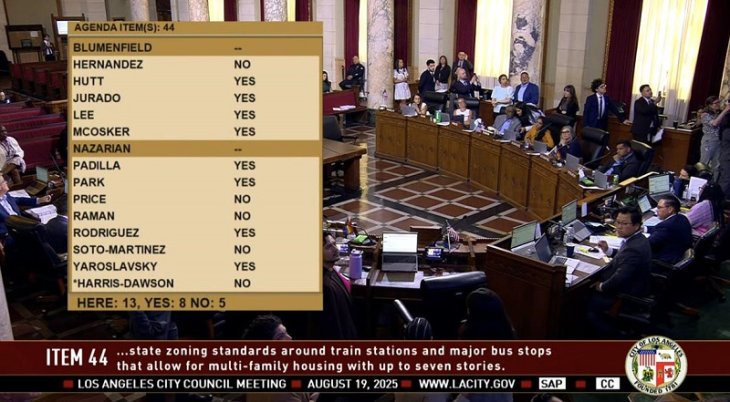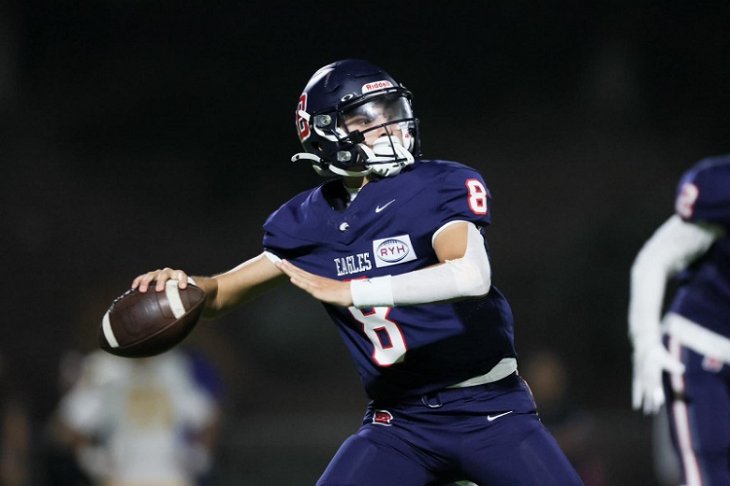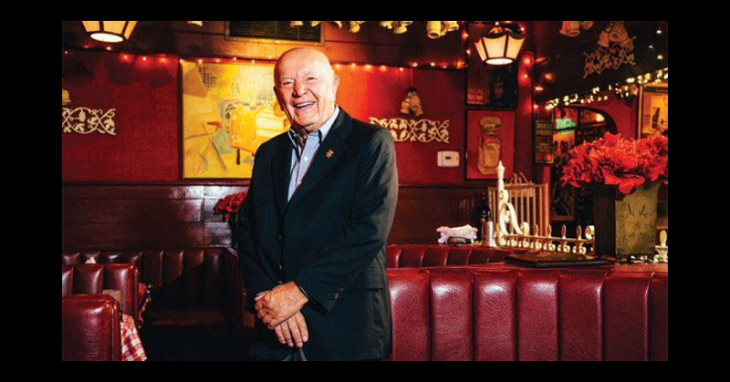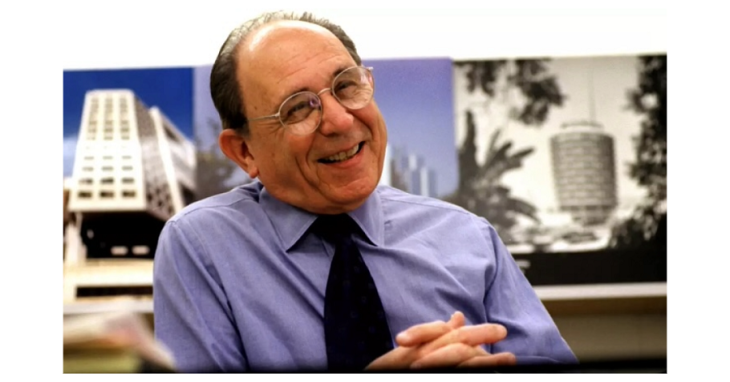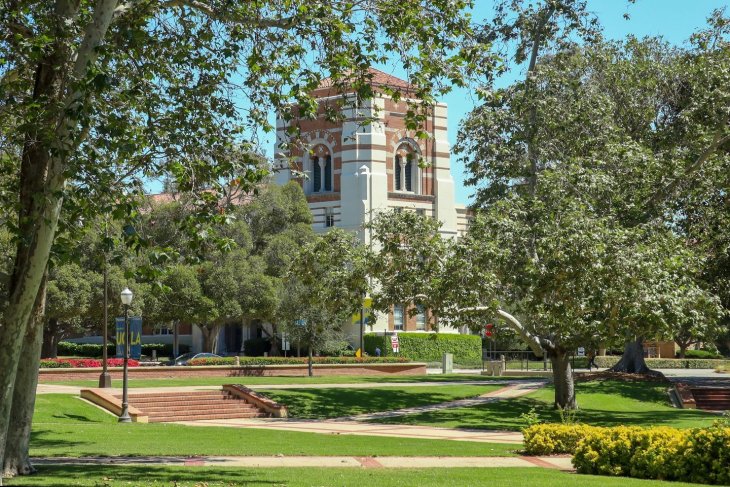Los Angeles Unified School District Superintendent John Deasy submitted his resignation today, ending his three-year tenure as head of the nation’s second-largest school district.
Although he is stepping down as superintendent, he will remain with the district on “special assignment” until Dec. 31, according to a joint statement from Deasy and the LAUSD board. No details were provided.
The district also did not disclose if Deasy received any type of severance package.
“We thank Dr. Deasy for over three years of devoted service to the district and its students,” according to the statement. “In that period of time, academic achievement rose substantially despite severe economic hardships, and the students of the district have benefited greatly from Dr. Deasy’s guidance.”
The statement conceded that an investigation is continuing into Deasy’s handling of the district’s $1.3 billion plan to provide iPads or laptops to every student, teacher and administrator, but the board “does not believe that the superintendent engaged in any ethical violations or unlawful acts.”
“We further jointly desire a smooth transition in leadership,” according to the district.
Former Superintendent Ramon Cortines was named interim superintendent and will be on the job beginning Monday. Cortines retired as superintendent in April 2011 after a long career as a respected educator, but his exit was marred by a sexual harassment lawsuit filed by a current district employee.
Cortines, 82, lives in the Pasadena area.
Deasy, who was a top deputy to Cortines when he was superintendent, came to the LAUSD after working for the Bill and Melinda Gates Foundation, heading Maryland’s Prince George County school system and heading the Santa Monica-Malibu Unified School District from 2001 until 2006. He also headed a school district in Rhode Island.
The 53-year-old Deasy has had supporters and detractors since becoming superintendent in 2011. Supporters credit him for gains in test scores and graduation rates, improved results for students learning English, a reduction in student suspensions, the introduction of classroom breakfast programs to combat malnutrition, and his efforts to make the evaluations of teachers and principals more rigorous.
In a letter to board members last month, a group of civic leaders, including Los Angeles Police Commission President Steve Soboroff praised Deasy’s work.
“Superintendent Deasy is not perfect,” according to the letter. “But progress made in boosting the education of our children under his leadership outweighs the business decisions by which he is being judged.”
Deasy’s detractors have focussed on widespread problems with the rollout of the iPad program.
The situation escalated last month with allegations that Deasy and a former chief deputy had been involved in extensive discussions with Apple and education publisher Pearson at least two years before the bidding process ended and contracts were approved.
Although there were no allegations that the discussions actually gave the companies an upper hand in the bidding process, the release of emails and other correspondence raised questions about the superintendent’s relationship with the companies that stood to profit from the contracts. Deasy then canceled the existing contracts with Apple and Pearson and said the district would re-bid the program.
Deasy also has been the target of criticism over the troubled rollout of the district’s computerized student-information system known as MiSiS, or My Integrated Student Information System. Widespread failures of the system led to massive class-scheduling issues at some campuses, most notably Jefferson High School. A judge last week ordered state education officials to work with LAUSD to resolve the problems at Jefferson, and the school board this week approved a $1.1 million plan to do so.
Some Deasy critics also said he had a leadership style that demoralized employees.
The LAUSD board authorized its lawyers several weeks ago to begin negotiating a separation agreement with lawyers for Deasy. The final terms of the agreement were reached this week even though Deasy is in South Korea on a cultural visit, sources told LA School Report, a website covering education issues.
The Los Angeles Times reported Deasy would likely receive a buyout of about 60 days pay, or roughly $60,000.
Deasy had a contract that ran through June 2016 but provided for termination at any time with 30 days’ notice.
Officials with the teachers’ union, United Teachers Los Angeles, said Deasy’s departure “indicates a shift in the national debate around public education and how we improve schools.”
The union, which was frequently at odds with Deasy and is still in the midst of negotiations for a new labor contract, said the district has “an opportunity to move in the direction of fully funded schools and collaborative management, instead of treating school improvement as a `corporate turnaround’ model, over-emphasizing testing, undermining equity and access for students and attacking educators.”
“The district should be led by someone who understands the diverse needs of the district, its 640,000 students and its 60,000 employees — including 35,000 educators — and who is responsive to the board of education,” according to the union. “The new superintendent should believe in shared decision-making with all stakeholders in the district — parents, community, students, educators and the school board.”
Mayor Eric Garcetti praised Deasy for boosting graduation rates and student achievement, and said he looks forward to working with Cortines.
“Our kids need education and opportunities that prepare them for the jobs of tomorrow, and I will continue working with the board and the new superintendent to continue the forward progress the district has made,” Garcetti said.


